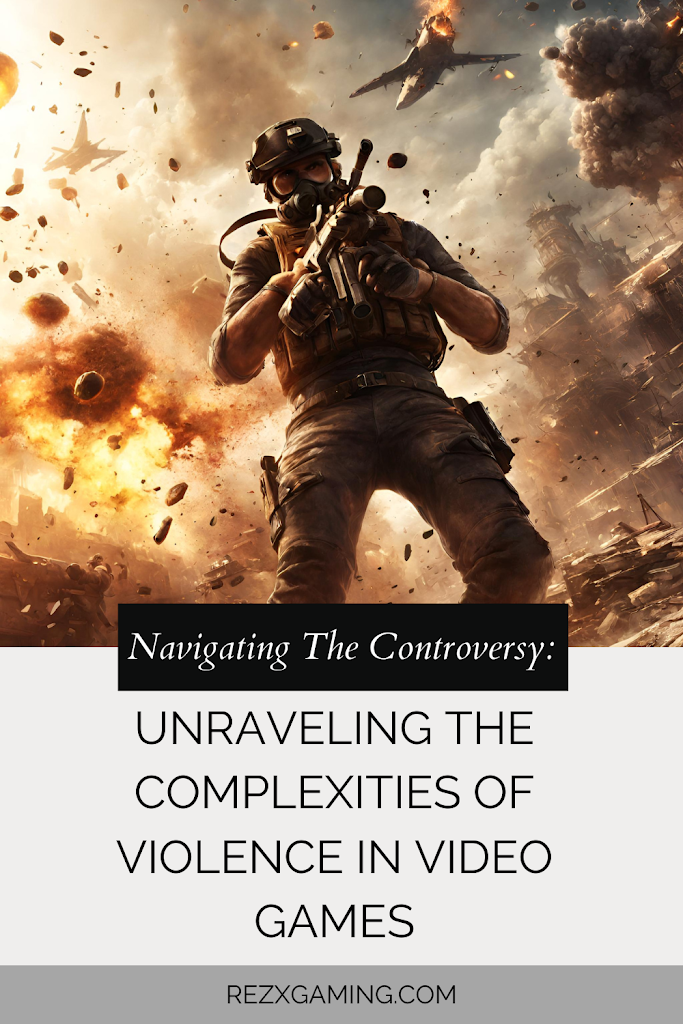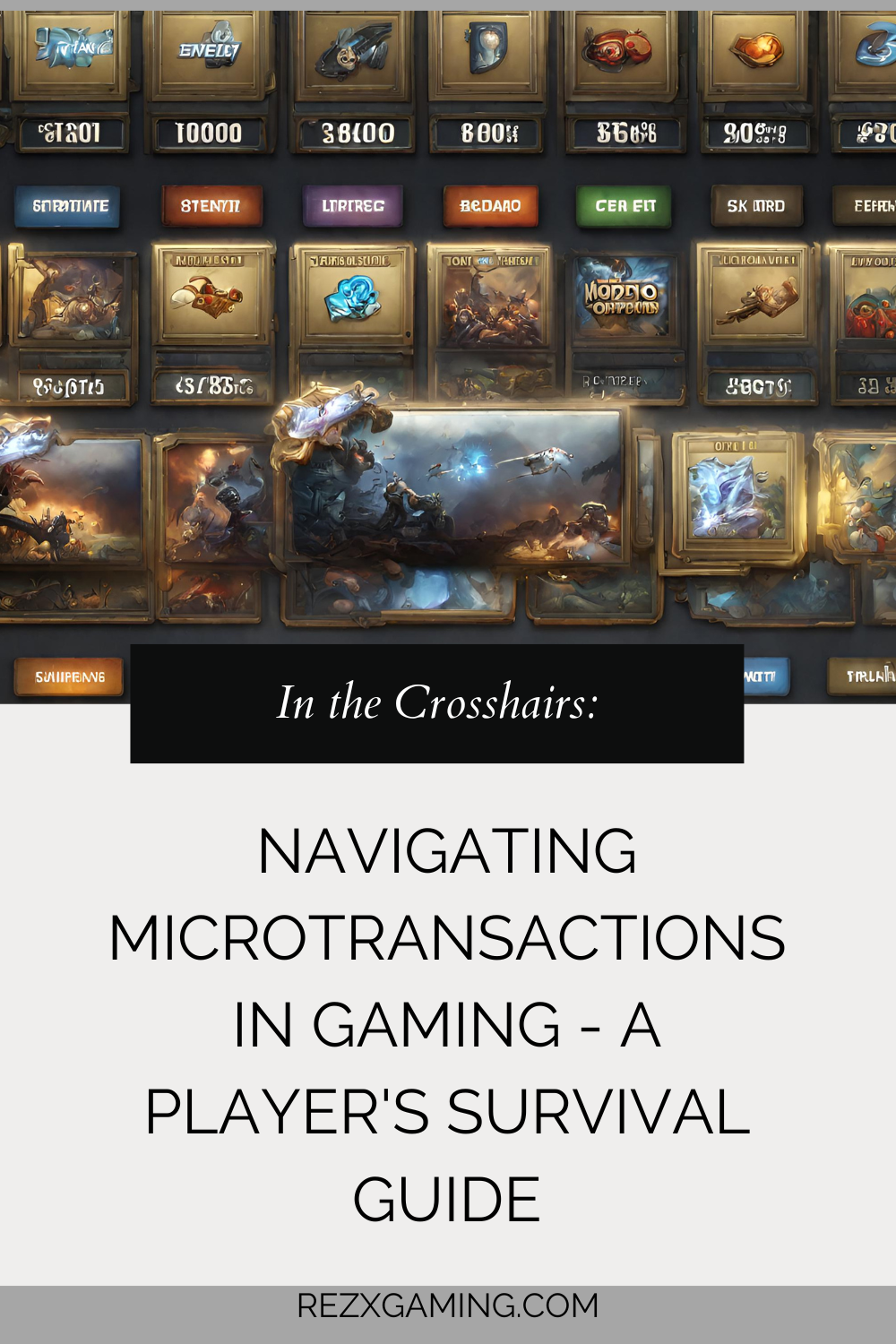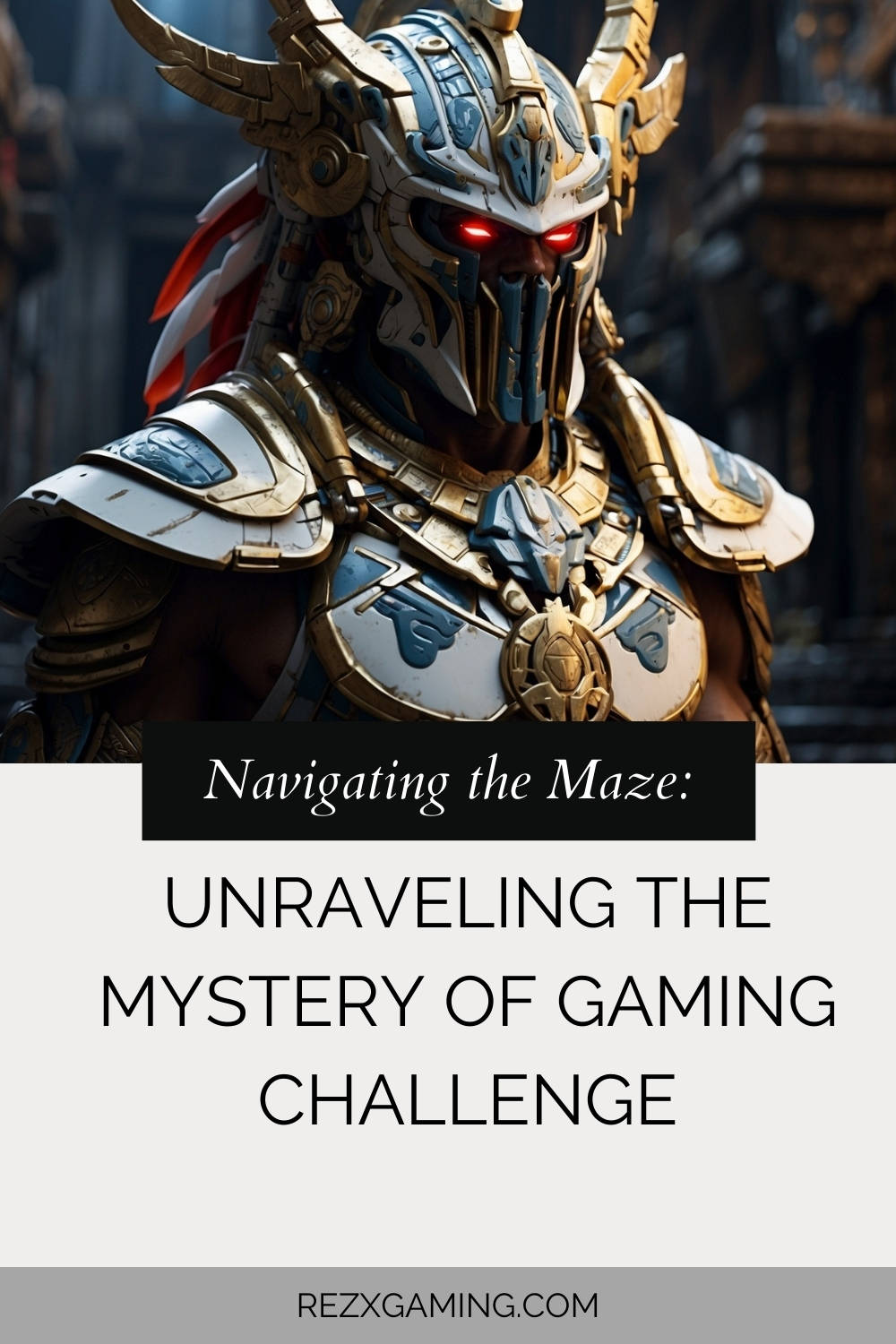
The intersection of video games and violence has been a contentious topic, sparking debates and concerns about potential impacts on players. In this blog post, we will delve into the complexities of the relationship between video games and violence, exploring the research, dispelling myths, and addressing the broader implications for both the industry and society.
The Link Between Video Games and Aggression
Research Insights
Numerous studies have explored the potential connection between playing violent video games and increased aggression. While some research suggests a short-term rise in aggressive behavior immediately after gaming, the long-term effects remain inconclusive. It’s crucial to approach these findings critically, considering factors such as study methodology and the complexity of human behavior.
Debunking Myths
One prevalent myth is the direct correlation between video games and real-world violence. Most players engage with games responsibly, understanding the fictional nature of the content. It’s important to differentiate between fantasy and reality, recognizing that video games are a form of entertainment, much like movies or television shows.
Parental Responsibility and Rating Systems
Informed Decisions
As with any form of media, parental guidance plays a crucial role in shaping a child’s media consumption habits. Video game rating systems, such as the Entertainment Software Rating Board (ESRB), provide valuable information about game content. Parents are encouraged to be actively involved in understanding these ratings and making informed decisions about the games their children play.
Game Developers’ Responsibility
Game developers also bear a responsibility to create age-appropriate content and consider the potential impact on players. Many in the industry are actively engaged in discussions around responsible game design, promoting diverse narratives, and incorporating meaningful gameplay experiences that go beyond gratuitous violence.
The Benefits of Gaming
Positive Aspects
While the debate often centers on the negative aspects, it’s crucial to recognize the positive impact of gaming. Video games can serve as a medium for storytelling, problem-solving, and social interaction. Many games promote teamwork, strategic thinking, and creativity, offering players an opportunity to engage with content in a constructive and immersive way.
Industry Initiatives
Acknowledging concerns about violence, the video game industry has implemented initiatives promoting responsible gaming, transparent content ratings, and parental controls. Ongoing research within the industry aims to better understand the potential effects of gaming on behavior and mental health.
Fostering Informed Discussions
Responsible Dialogue
In discussing the relationship between violence and video games, it’s crucial to foster informed and open conversations. Knee-jerk reactions and sensationalism can hinder meaningful dialogue. Encouraging responsible gaming habits, promoting media literacy, and considering the broader socio-cultural context are essential steps in navigating this complex issue.
Balanced Perspectives
As we navigate the ongoing conversation about violence and video games, it’s important to approach the topic with nuance and consideration. While research continues, recognizing the multifaceted nature of the issue is key. By fostering open communication, promoting responsible gaming practices, and understanding the diverse experiences of players, we can contribute to a more balanced and informed discussion surrounding violence and video games.





